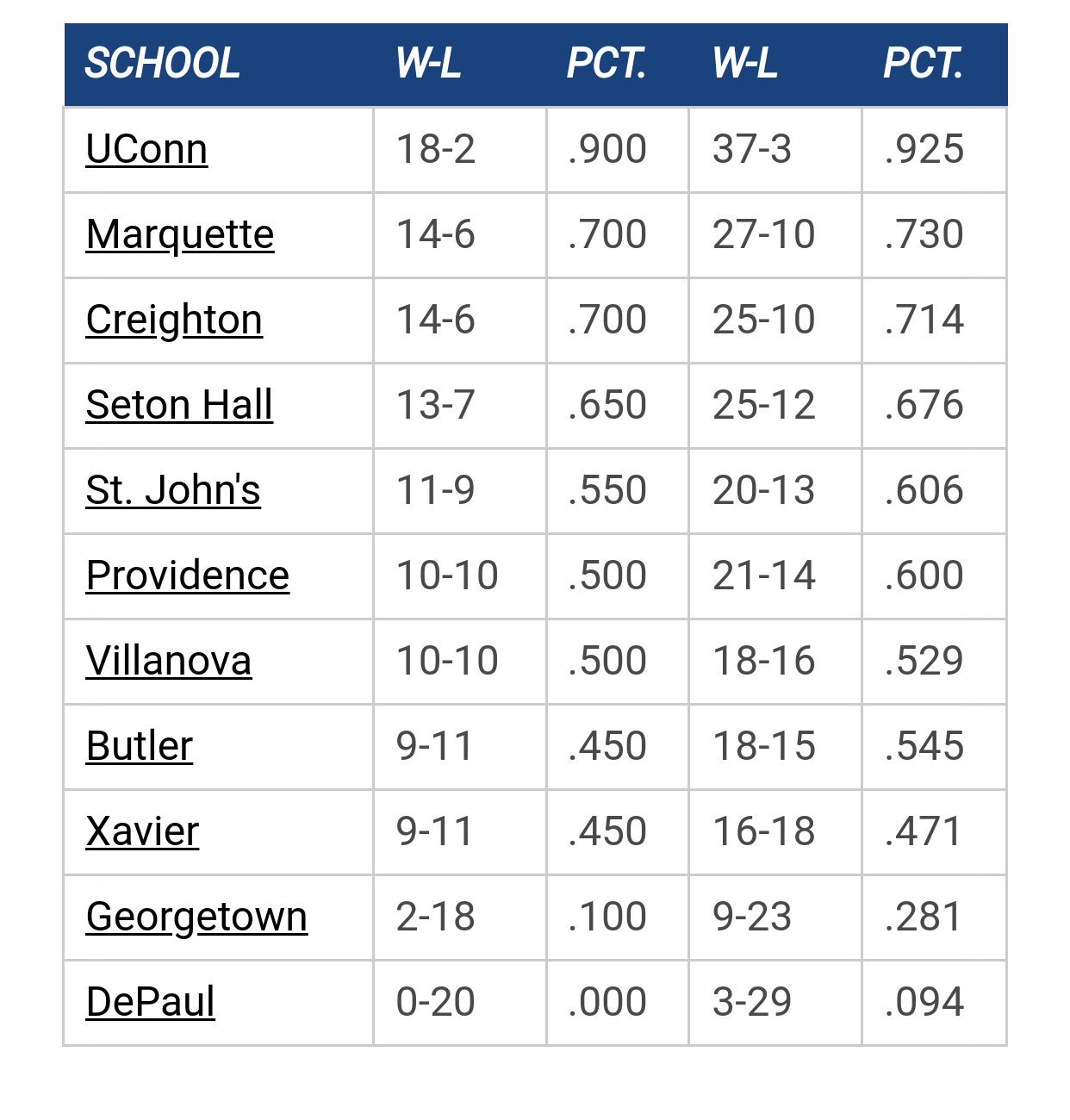- Welcome to MUScoop.
2026 Coaching Carousel by MU82
[Today at 12:20:00 PM]
The CB Crown Tournament - 2026 by #UnleashJosh
[Today at 12:14:21 PM]
2025-26 Big East Thread by DFW HOYA
[Today at 11:57:30 AM]
Important Win by Scoop Snoop
[Today at 11:37:30 AM]
James/Stevens by Billy Hoyle
[Today at 10:43:42 AM]
2025-26 College Hoops Thread by MU82
[Today at 12:30:05 AM]
Offensive Four Factors Outlook 2025-26 by Newsdreams
[February 25, 2026, 10:30:16 PM]
[Today at 12:20:00 PM]
The CB Crown Tournament - 2026 by #UnleashJosh
[Today at 12:14:21 PM]
2025-26 Big East Thread by DFW HOYA
[Today at 11:57:30 AM]
Important Win by Scoop Snoop
[Today at 11:37:30 AM]
James/Stevens by Billy Hoyle
[Today at 10:43:42 AM]
2025-26 College Hoops Thread by MU82
[Today at 12:30:05 AM]
Offensive Four Factors Outlook 2025-26 by Newsdreams
[February 25, 2026, 10:30:16 PM]
The absolute only thing required for this FREE registration is a valid e-mail address. We keep all your information confidential and will NEVER give or sell it to anyone else.
Login to get rid of this box (and ads) , or signup NOW!
DePaul Date/Time: Mar 1, 2026, 3:00pm TV: FS1 Schedule for 2025-26 |
||||||
User actions


